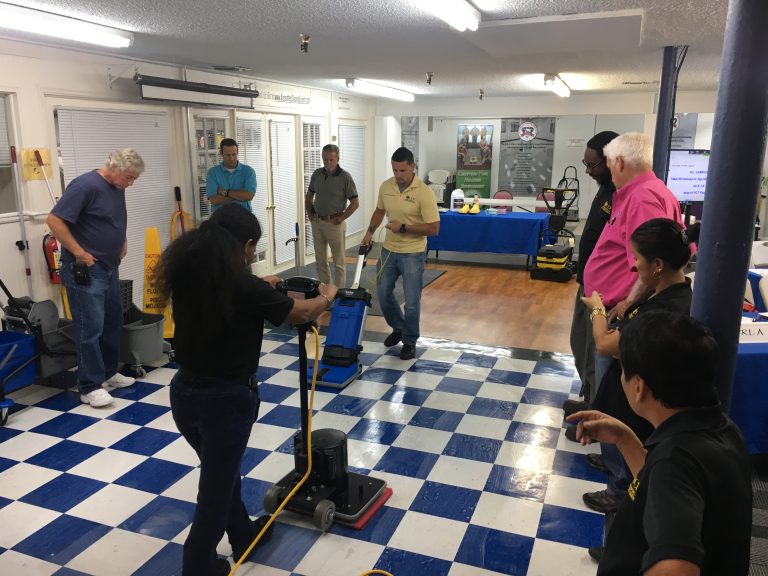Enterovirus D68 Causes Alarm in Midwest
Cleanlink News | 9/19/2014
Enterovirus D68 Causes Alarm In Midwest
Ten states have contacted the Centers for Disease Control and Prevention (CDC) for help investigating clusters of a respiratory virus that is being blamed for sending hundreds of children to area hospitals. The bug appears to be Enterovirus (EV) D68.
According to CNN reports, here’s what you need to know about the virus:
What are enteroviruses?
Enteroviruses, which bring on symptoms like a very intense cold, aren’t unusual. They’re actually very common. There are more than 100 types of enteroviruses causing about 10 to 15 million infections in the United States each year, according to the CDC. They are carried in the intestinal tract and often spread to other parts of the body.
The season often hits its peak in September, as summer ends and fall begins.
So why all the concern now?
What’s unusual at the moment is the high number of hospitalizations. The virus has sent more than 30 children a day to a Kansas City, Missouri, hospital, where about 15 percent of the youngsters were placed in intensive care, officials said.
What’s special about this particular type of enterovirus?
An analysis by the CDC showed at least 30 of the Kansas City children tested positive for EV-D68, Missouri health officials said.
It’s a type of enterovirus that’s uncommon, but not new. It was first identified in the 1960s and there have been fewer than 100 reported cases since that time.
Experts say they don’t know why it’s flared up this time around.
What are the symptoms?
The virus can start as just a cold. Signs include coughing, difficulty breathing and in some cases a rash. Sometimes they can be accompanied by fever or wheezing. Respiratory problems appear to the hallmark of EV-D68, according to the Missouri Department of Health and Senior Services.
What can be done to prevent it?
Like other enteroviruses, the respiratory illness appears to spread through close contact with infected people. That makes children more susceptible.
• Encourage hand washing with soap and water for 20 seconds — particularly after using the restroom or changing diapers.
• Clean and disinfect surfaces that are regularly touched by different people.
• Avoid shaking hands, kissing, hugging and sharing cups or eating utensils with people who are sick.
• Stay home if you feel unwell.
There’s no vaccine for EV-D68.
Contact Bob Zagers at BZagers@GemSupply.net to arrange onsite training for your staff on Combating Enterovirus D68.
![]()


